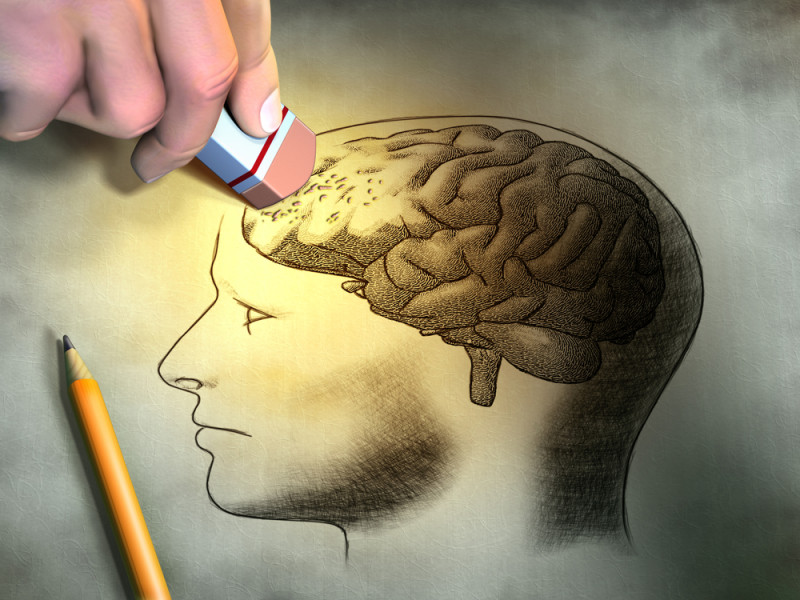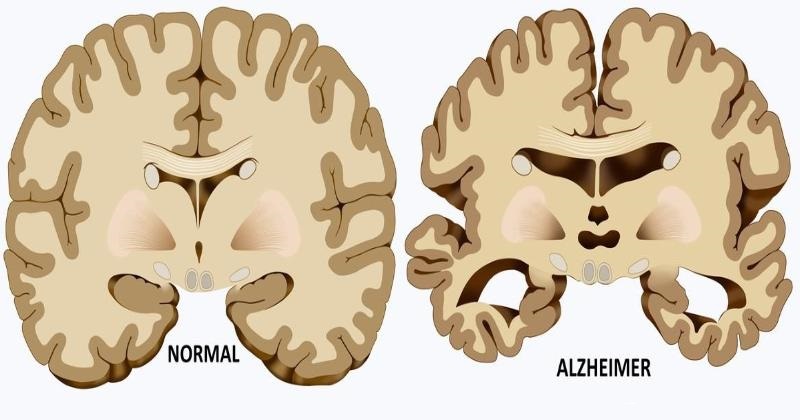Alzheimer’s can be an extremely debilitating disease, and millions of Americans are effected by it each year. Decades of research have shown that a buildup of toxic proteins in the brain – beta amyloid and tau – can lead to Alzheimer’s. Something that has been less clear – the factors that cause these proteins to accumulate. Recent studies however have begun to explain the process, revealing new possible causes of Alzheimer’s.
1. Anti-anxiety Medication
A class of drugs known as benzodiazepines are frequently used to treat disorders such as anxiety and insomnia. They include popular drugs lorazepam (Ativan), alprazolam (Xanax) and clonazepam (Klonopin). More and more health risks and side effects of taking these drugs continue to be revealed. A study published in the British Medical Journal followed 1,796 Canadians with Alzheimer’s disease and 7,184 healthy controls for a period of six years. They found that taking these drugs for more than three months was associated with up to a 51% increase in Alzheimer’s disease.
2. Head Trauma
It’s estimated that 300,000 Americans suffer a sports-related concussion each year. There are many complications that can come from a head injury, and increased risk of Alzheimer’s is now known as one of them. While some make full recoveries, others may experience problems related to the inflammation that helps heal damaged brain tissue. If the inflammation becomes chronic, the cells in the brain are less likely to clear amyloid beta from the brain. The build up of this protein in the brain is a known cause of Alzheimer’s disease.
3. Sleep Deprivation
Attempting to juggle school, work, extra curricular activities, friends, family members and other hobbies and responsibilities causes many people to become sleep-deprived. Sleep deprivation can make you drowsy, irritable and less focused, but it can also speed up the development of Alzheimer’s disease. A study published in the Neurobiology of Aging journal showed that sleep problems are common in people with Alzheimer’s disease. Chronic sleep deprivation puts stress on the body and the brain, and can lead to serious health issues.
4. Loneliness
A study published in the Journal of Neurology, Neurosurgery, and Psychiatry found links between loneliness and the development of dementia. In the three-year study, researchers found that adults feeling lonely had 1.63 times the chance of developing dementia. The exact cause and effect of the link is still being studied, but researchers suggest staying connected to other.
5. Type 3 Diabetes
Neuroscientist Suzanne de la Monte, MD, of Brown University, believes that Alzheimer’s disease is a metabolic disease that affects the brain. She refers to Alzheimer’s as “Type 3 Diabetes.” Her research has led her to believe the brain cells develop insulin resistance, just like other cells in the body. “Any organ can be affected by insulin resistance,” she has said. “If you get it in the brain, we call it Alzheimer’s.”
Prevention
Living a healthy lifestyle by eating right and staying active can help keep your mind sharp and your body strong. There is no known “cure” for Alzheimer’s disease as of yet, but there is evidence that coconut oil can help to improve or even reverse symptoms. To stay healthy, avoid smoking, eat a balanced diet full of fruits and vegetables, and take care of your mental health. Mind exercises such as crossword puzzles or memory games can also help keep the mind active!


